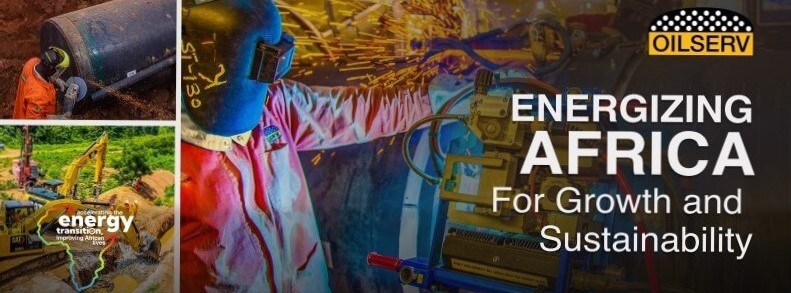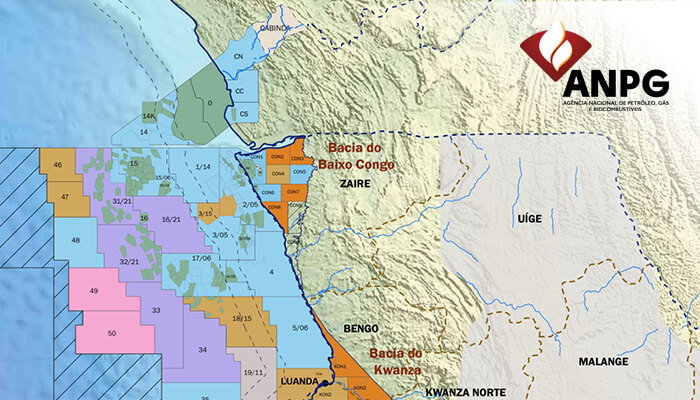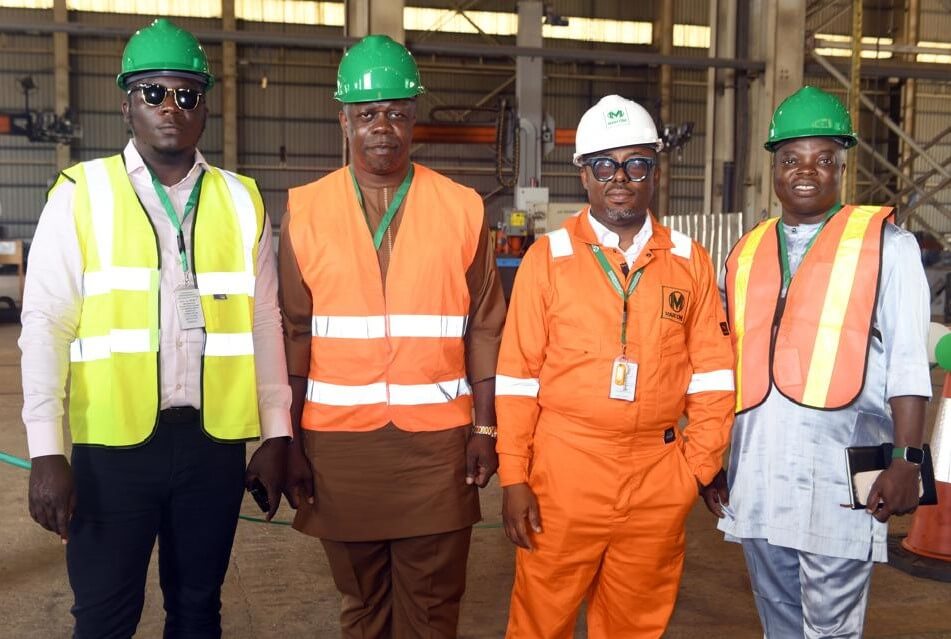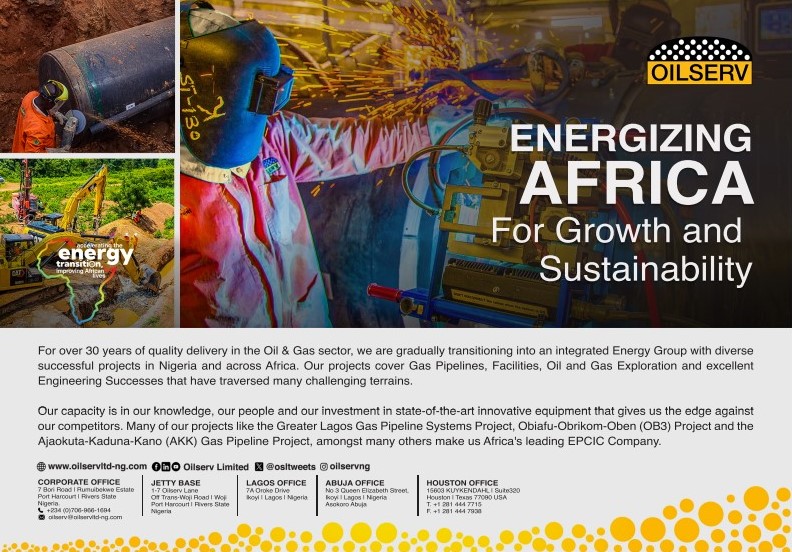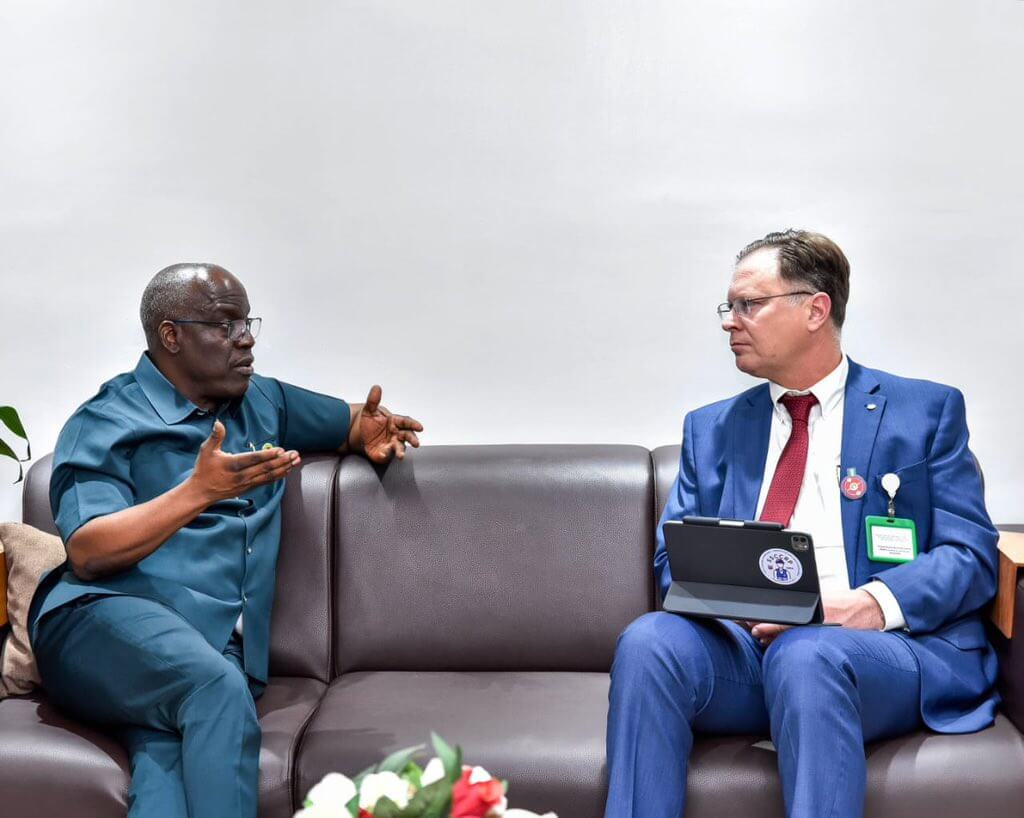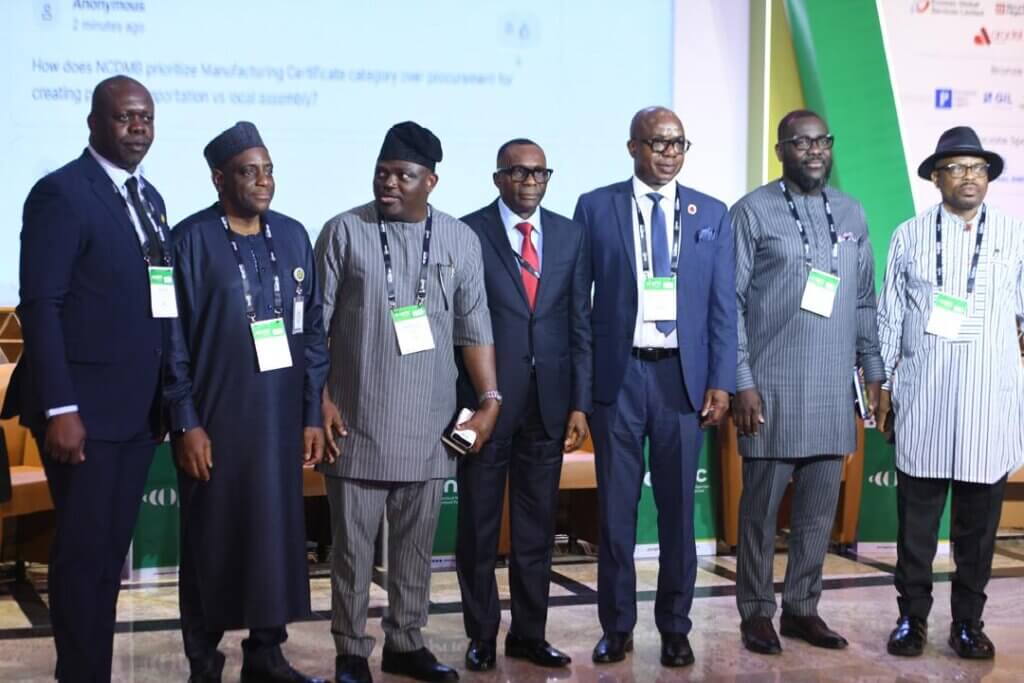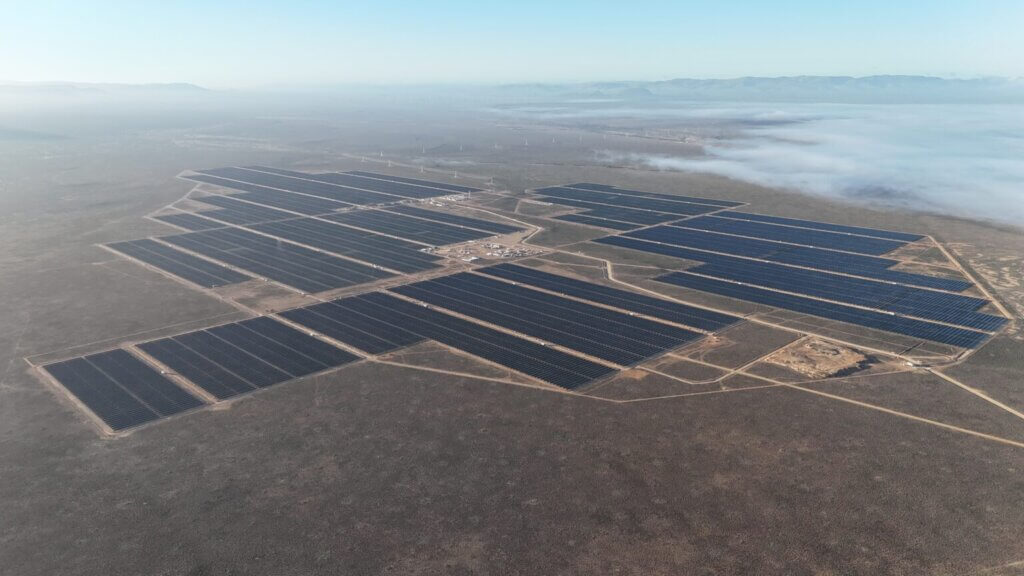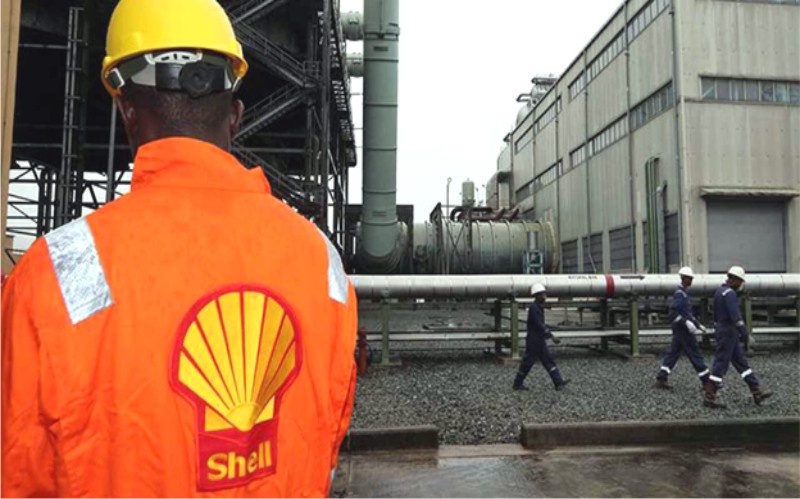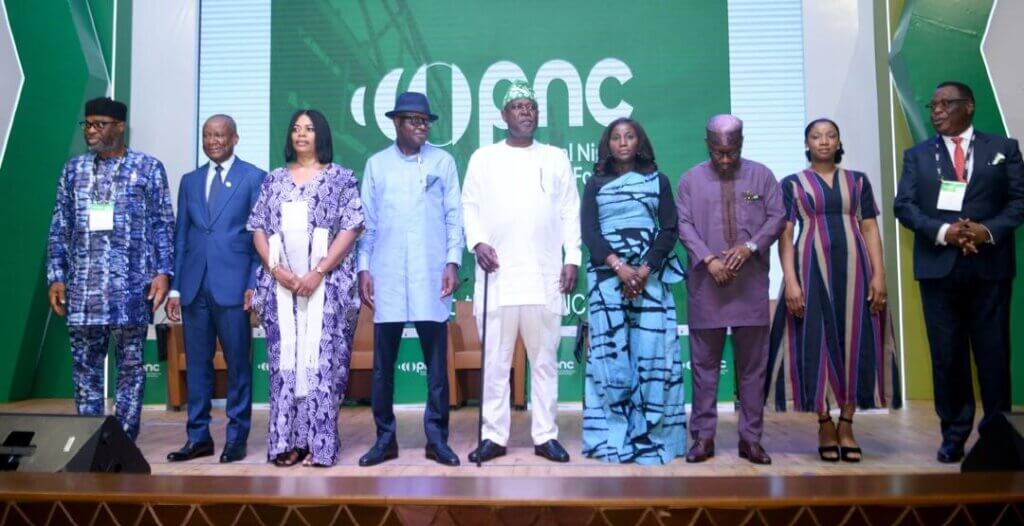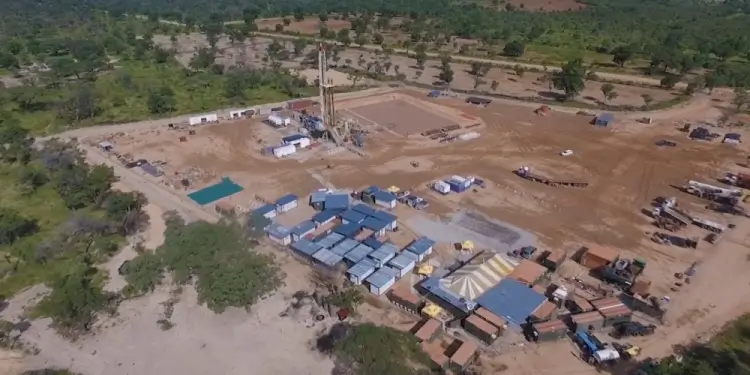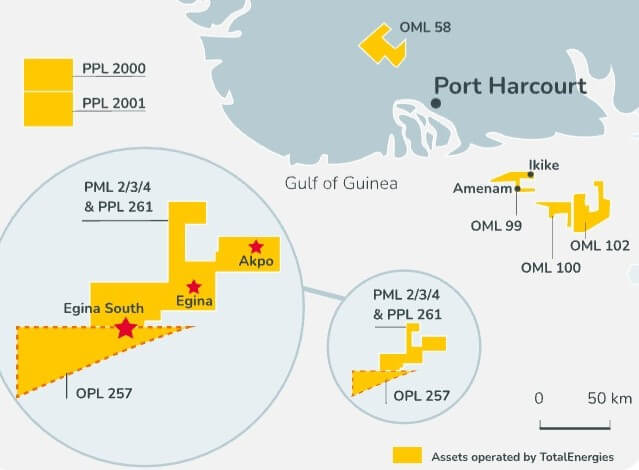
Mozambique LNG is one of several projects being developed in the country’s northernmost province of Cabo Delgado after one of the biggest gas finds in a decade off its coast. Together, the projects are worth some $60 billion. The lucrative nature and the important of this project cannot be over emphasized owning to its prevailing demand in global market.
Total the operator of the $20billion Mozambique LNG project is seems not to be perturbed in sourcing funds to finance the project. Countries, financial institutions and borrowing houses are queuing up and obsequious in being part of this loan sourcing process for the prolific project. The global crude oil price fall and COVID-19 pandemic prevalence ripping the world economy apart are far from creating any negative impart to these sources.
But the enthusiastic and the euphoric atmosphere ushered by this unprecedented discovery in the oil and gas world, especially its economic impartation to the people of Mozambique is seems to be of a discordant tune to a group of like minds – the environmentalists, championing the global greenhouse emission.
UK’s environmental campaign group Friends of the Earth has recently criticized the British government’s financial support for the Mozambique LNG project, Kallanish Energy reports.
The government’s foreign credit agency, UK Export Finance (UKEF) is offering over $1 billion in loans and guarantees to the $20 billion project led by Total. Some $300 million will be offered in loans to British companies working on the gas project, and up to $850 million will be guaranteed loans from commercial banks.
“As hosts of the next global climate summit the UK must focus on ambitious action leading to real emissions cuts both at home and abroad, not funding climate-wrecking projects in a country already struggling with the impacts of climate breakdown,” the group said.
Campaigner Tony Bosworth said the aid reflected “gross hypocrisy” by the government, while group’s director Jamie Peters said the UK government should be setting an example for export credit agencies around the world.
Peters said in a letter to the government that its approach is a “lost opportunity” to be a world climate-leader. “We can create a fairer, greener future for everyone, everywhere. But let us be clear, UKEF funding for fossil-fuel projects has no place in this future,” he said.
The Department of International Trade noted that Mozambique LNG could be a “transformation” for the East African country’s economic and social development while creating 2,000 jobs in the UK.
Local reports suggested the government is about to face a legal challenge for the UKEF’s decision.
Total announced last Friday it secured a $14.9 billion financing for the project, with backing from eight export credit agencies, 19 commercial banks, plus the African Development Bank.
Governments supporting the onshore liquefaction plant include the U.S., Japan, Italy, South Africa, the Netherlands, and Thailand.
Mozambique LNG will produce 13.1 million tonnes per annum of liquefied natural gas, of which 90% of its production is already sold to buyers in Asia and Europe.













